
|
Scooped by
Judy Curtis / SIPR
onto Smart Cities & The Internet of Things (IoT) November 20, 2014 11:39 AM
|
Get Started for FREE
Sign up with Facebook Sign up with X
I don't have a Facebook or a X account
 Your new post is loading... Your new post is loading...
 Your new post is loading... Your new post is loading...

Paco Prieto's curator insight,
April 5, 2013 9:15 AM
Muy interesante. !! Fantásticas aplicaciones en el mundo del agua !! @juanpaespi 
roberto gilli's curator insight,
September 25, 2013 4:41 AM
Great list of applications of sensors grids.

Vezta & Co.'s curator insight,
September 30, 2018 4:00 PM
One challenge is that many companies deploying IoT PoCs give short shrift to security until they are focused on rolling it out to the production scale. Nevertheless, interest in IoT cybersecurity is building given a growing number of hacks with an IoT component. But addressing the problem isn’t easy. Like IoT itself, there are few one-size-fits-all solutions when it comes to IoT security.

Richard Platt's curator insight,
May 4, 2018 5:46 AM
"It was a necessity," says the vineyard's agronomist, Julio Prieto. "I make a number of in-situ measurements. Coupling them with data provided by stations and soil sensors can help us obtain crucial information to make early decisions for greater efficiency and lower production costs," he tells ZDNet. Working with remOT Technologies, a spin-off of the University of Zaragoza in northeast Spain specializing in agricultural measurement, Pago Aylés has embarked on an IoT project to "model the future", as Prieto says. The project aims to obtain predictive behavior patterns in the vineyard relating to grape quality, production, biological cycles, potential pests, and plant diseases. The IoT technology has been provided by Libelium, a Zaragoza company created by Alicia Asín and David Gascón in 2006, which sells a hardware and software platform to "connect any sensor to any cloud using any wireless technology", including industrial protocols such as CAN bus. |

Guy Lagaeysse's curator insight,
January 18, 2019 9:14 AM
La population des villes est en constante augmentation (55 % de la population mondiale vit dans des villes).
Les villes sont amenées à devenir un moteur encore plus important de l'économie mondiale et de la richesse; Elles doivent se transformer pour améliorer la qualité, la performance et l'interactivité des ses services, réduire les coûts et la consommation de ressources et accroître les contacts entre les citoyens et le gouvernement.

Vezta & Co.'s curator insight,
August 30, 2018 10:46 AM
So how does a management team decide what it wants from the IoT? For Stacey Higginbotham, writing in IEEE Spectrum, there are two paths here. The first is to start small with a project that can offer a short-term return on investment (ROI). In a factory, this could mean installing cameras and sensors on a manufacturing line to replace human spot-checkers. The second path is a bit more visionary: Build a platform or product that can change your entire business model. For example, in 2015 Emerson Climate Technologies launched a new connected product in its HVAC business. With US $100 worth of sensors per home, the HVAC installer and Emerson could guarantee a period of time that a customer’s heating or cooling system would operate before needing repairs.

Judy Curtis / SIPR's curator insight,
February 14, 2018 5:36 PM
The threat of automated IoT vulnerability finders is a genuine concern. "Absolutely it is coming," says Anders Fogh, a malware analyst for the German security firm GData. "We are waiting for the vendors to realize that security is relevant. They need a dose of bitter medicine." Other researchers are beginning to work on large scale IoT firmware analysis and automatic n-day mining projects as well, acknowledging a future in which attackers can fully exploit IoT vulnerability.
|




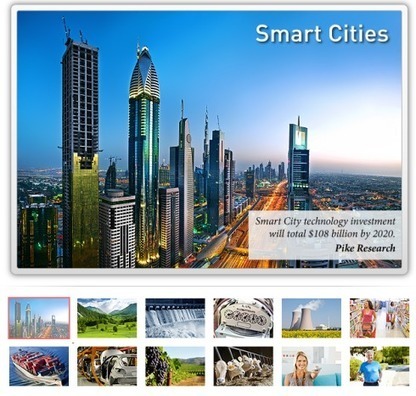

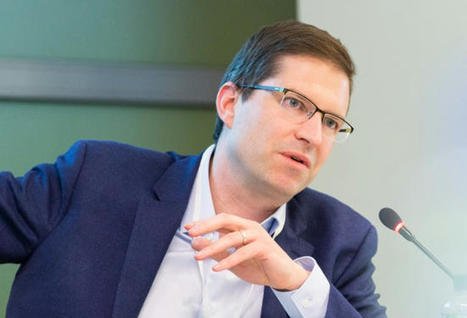
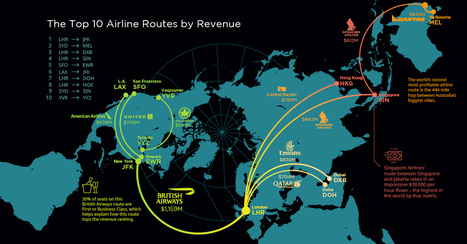
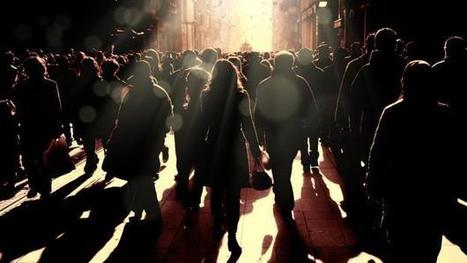

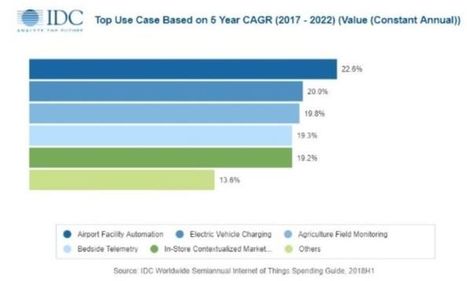
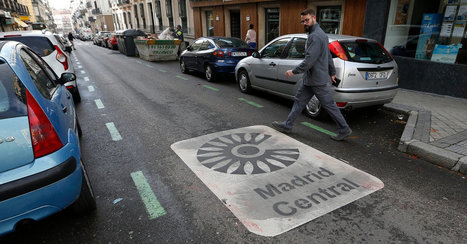
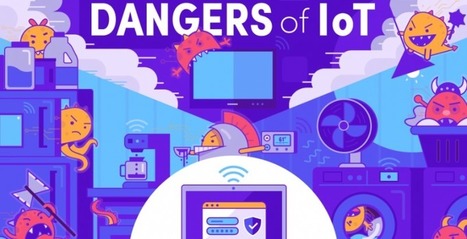
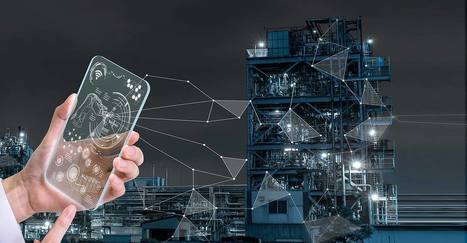

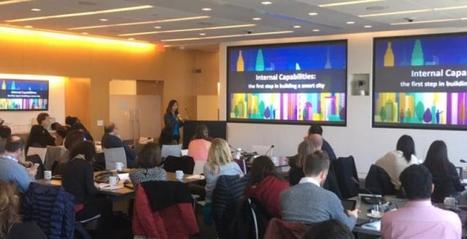
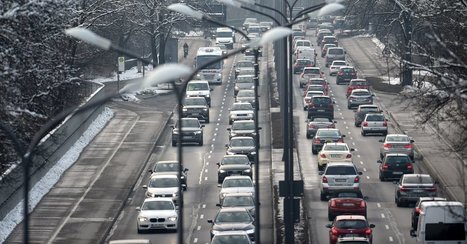


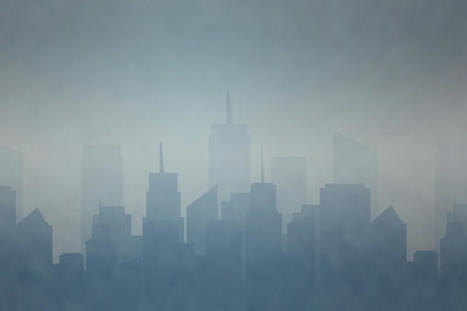
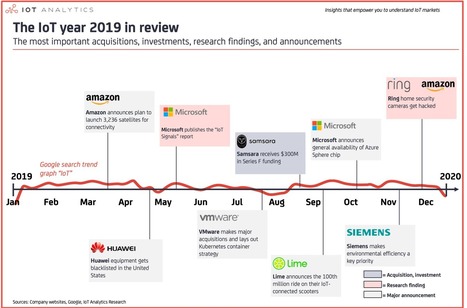
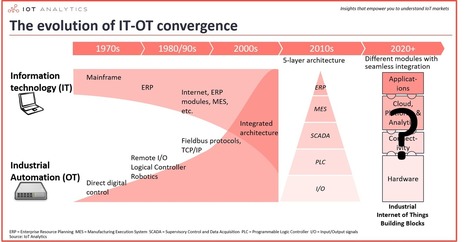
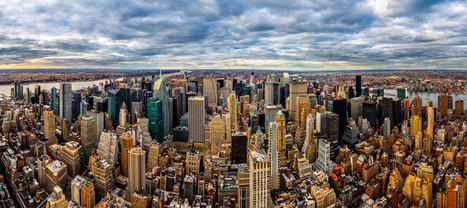
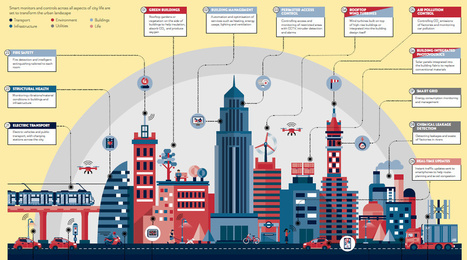
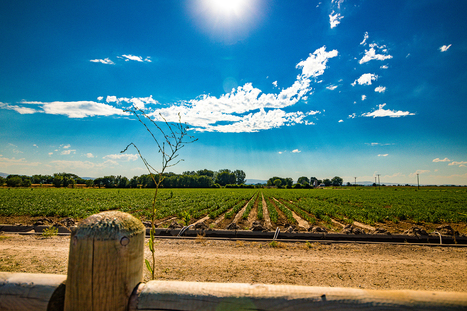
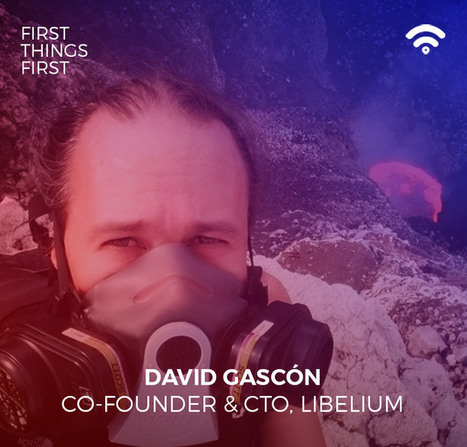
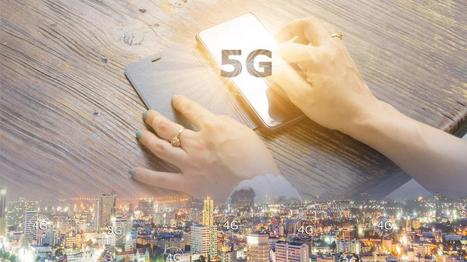
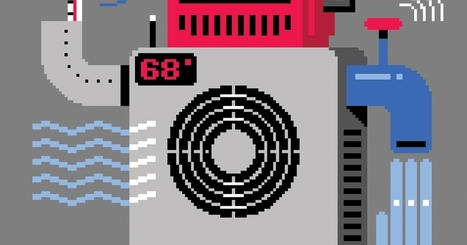

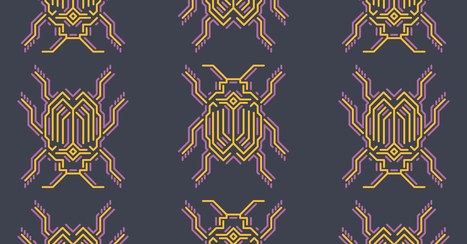
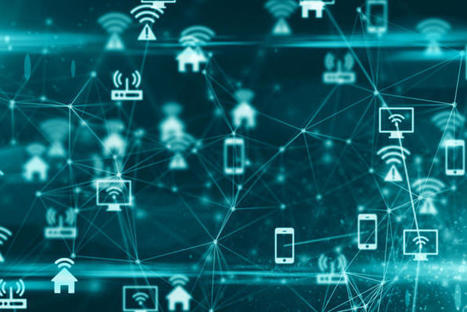





Alicia Asin's keynote at Strata Hadoop World 2014, in Barcelona.
“Welcome to the era of big, bad, open information.”
Analysts have predicted huge numbers of Internet-connected devices in our future for years now. We may dispute the number, but it is clear that the Internet of Things (IoT) will produce a colossal amount of data.
Social networks collect masses of data and so do the sensor networks that blanket our cities and everywhere else—from outer space down to our personal items. Before we can even figure out how huge data can translate to information, via context, people are already declaring a state of surveillance capitalism running our lives. The question of privacy looms large. Is it hypocrisy? What would happen if big data were open data?